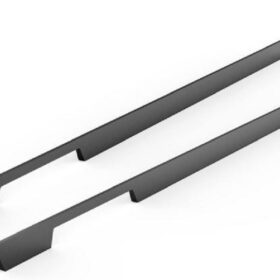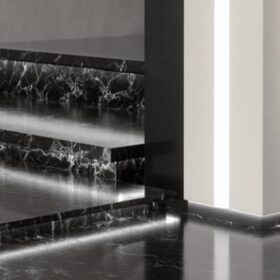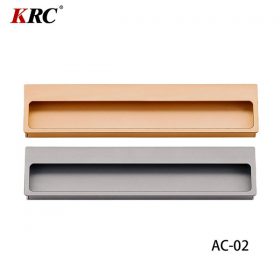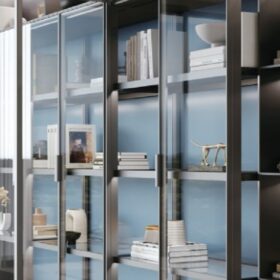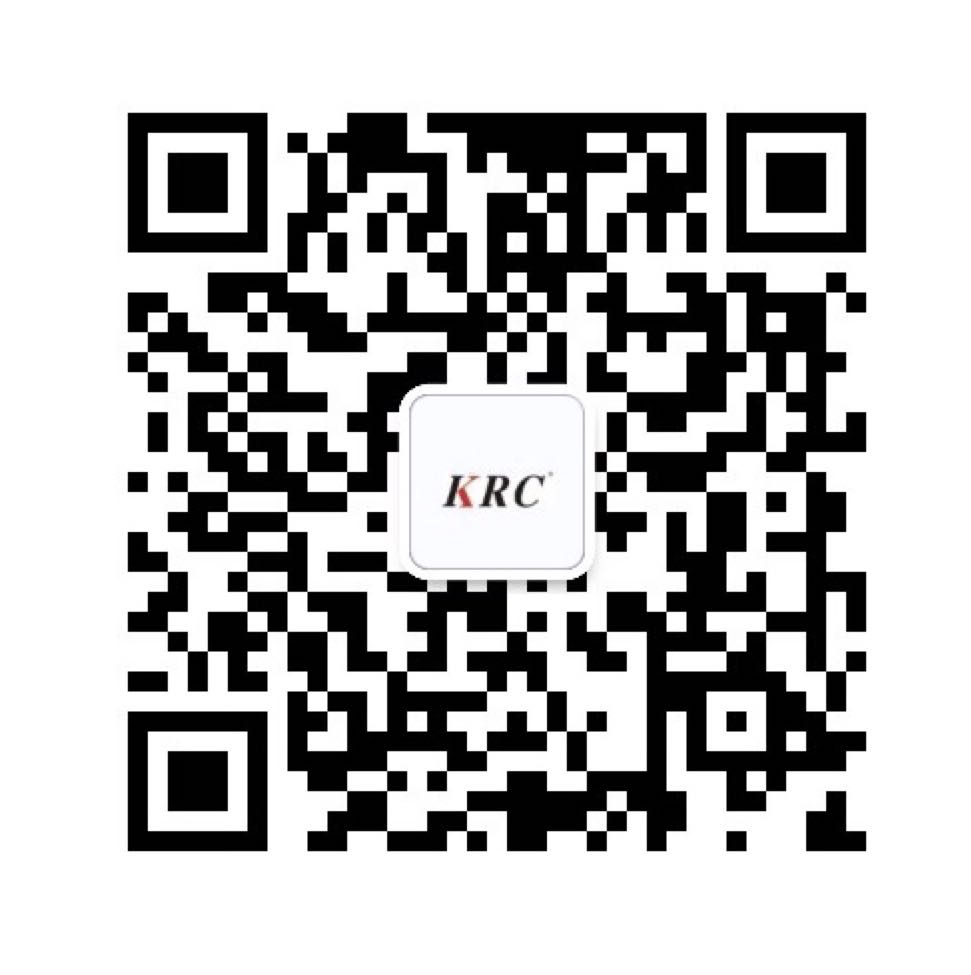Meeting Custom Design Needs with Aluminum Profiles
Aluminum profiles are extensively utilized in various industries, including construction, engineering, and manufacturing, due to their exceptional versatility and customizable nature. They offer a unique combination of strength, durability, and aesthetics, making them ideal for meeting diverse custom design requirements.
Versatility and Adaptability
Aluminum profiles excel in versatility, allowing for the creation of complex shapes and intricate designs. They can be easily extruded, rolled, and formed into various cross-sectional shapes, from simple rectangular profiles to complex hollow or fluted structures. This versatility enables the fabrication of custom components tailored to specific functional and aesthetic requirements.
High Strength and Durability
Aluminum profiles possess a remarkable strength-to-weight ratio, making them highly durable and resistant to bending, warping, and corrosion. Their inherent strength eliminates the need for additional reinforcing elements, while their corrosion resistance ensures longevity in harsh environments. These properties make aluminum profiles suitable for demanding applications such as structural framing, machinery components, and automotive parts.
Aesthetic Appeal and Finishing Options
Beyond their functionality, aluminum profiles offer significant aesthetic appeal. They can be anodized in a wide range of colors and finishes, creating a sophisticated and contemporary look. Additionally, aluminum profiles can be powder coated or painted to match any design scheme, enhancing their visual appeal and extending their lifespan.
Cost-effectiveness and Sustainability
Aluminum profiles are relatively cost-effective, particularly when compared to other materials such as steel or plastic. Their ease of customization and reduced material waste contribute to their overall affordability. Furthermore, aluminum is a highly recyclable material, making it an environmentally friendly choice.
Applications in Various Industries
The versatile nature of aluminum profiles makes them applicable to a vast array of industries:
– Construction: Window and door frames, curtain walls, roofing systems, interior partitions
– Automotive: Vehicle bodies, structural components, decorative trim
– Industrial Machinery: Frames, enclosures, conveyor systems, machine parts
– Electronics: Heatsinks, enclosures, structural supports
– Furniture: Tables, chairs, frames, shelving
Engineering Expertise and Customization
Customizing aluminum profiles requires precision engineering and specialized knowledge. Advanced extrusion and fabrication technologies enable manufacturers to produce profiles that meet specific tolerances and specifications. This level of customization ensures that the profiles seamlessly integrate with existing components and designs.
Conclusion
Aluminum profiles provide unparalleled versatility, durability, and aesthetic appeal, making them indispensable for meeting custom design needs in various industries. Their adaptability, strength, and cost-effectiveness, combined with the ability to achieve intricate designs and finishes, empower engineers and designers to create innovative and functional solutions. The use of aluminum profiles continues to grow, driven by their unique properties and the increasing demand for customized and sustainable products.
-
2024-11-29Top Trends in Modern Kitchen Cabinet Pulls for 2024
-
2024-11-28The Ultimate Guide to Modern Kitchen Cabinet Pulls- Materials, Styles, and Tips
-
2024-11-27Elevate Your Kitchen Design with These Must-Have Modern Cabinet Pulls
-
2024-11-26Sleek and Stylish- The Best Modern Kitchen Cabinet Pulls for a Contemporary Look
-
2024-09-14Exploring the Different Types of Modern Closet Door Pulls and Their Applications
-
2024-09-14How Cabinet Door Pull Handles Support High-Traffic Areas
-
2024-09-06Cost-Benefit Analysis of Investing in High-Quality Long Wardrobe Door Handles
-
2024-09-04How Flat Cabinet Handles Enhance Modern Interior Design

